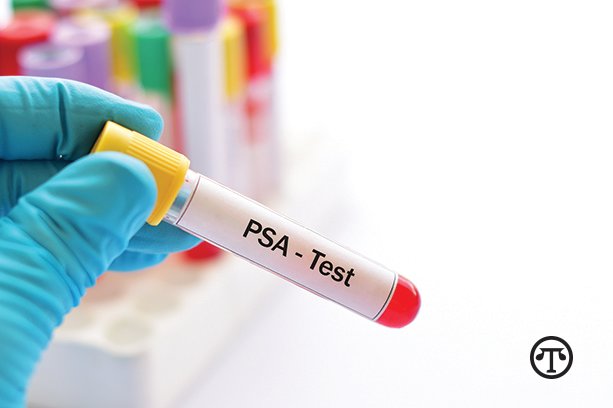FOR YOUR HEALTH: Time To Return To Regular Screening

It is important for men to be vigilant about their routine health screenings.
(NAPSI)—The COVID-19 pandemic took its toll on lives in more ways than many realize. For example, it meant too many Americans neglected getting the regular health testing—particularly cancer screening—they should.
According to the Journal of the American Medical Association, an estimated 41% of U.S. adults reported forgoing medical care early in the pandemic. If you or someone you care about is among them, now may be a good time to schedule a doctor’s appointment. Members of the medical community fear that in a few years, all too many men will be diagnosed with later-stage, less-treatable prostate cancer.
As it is, the American Cancer Society, reports about one in eight American men will be diagnosed with prostate cancer. Fortunately, it can be treated successfully, especially if caught early. If you’re 50 or older or have a family history of prostate cancer, speak to your doctor about screening.
Understanding Prostate Cancer
There are four stages of prostate cancer. Stage one is diagnosed very early and confined to the prostate. At this stage, the patient is unlikely to have any symptoms and may not need treatment beyond regular follow-up tests—and the five-year relative survival rate is almost 100 percent.
Some Answers
Testing: Prostate cancer can be diagnosed with a simple blood test, the PSA, which checks the level of prostate-specific antigen in your blood.
In the past, there was controversy about whether having a prostate cancer screening done was beneficial or if it produced more harmful effects due to complications from over-testing. PSA testing was the best thing available for a long time.
Now there are tools that provide much more information, giving predictability about the aggressiveness of the cancer and data to help urologists safely manage their patients’ disease. This lets urologists keep more patients on active surveillance regimens and put off more aggressive treatment. Using tests such as the Gleason grade score, overall patient health and risk factors—age, race, ethnicity, family history and exposure to Agent Orange—doctors can determine with confidence how aggressive the cancer is and which patients will do well on active surveillance. They’ll also know which therapy options will be the optimal for the patient.
Making it easier for doctors and their patients to do this testing is the full range of diagnostic equipment and supplies available through the trusted advisors at Henry Schein Medical, a provider of medical and surgical supplies to healthcare professionals.
Treatments: There are many ways to treat prostate cancer, including hormone therapy, surgery, chemotherapy, radiation and cryoablation. The newest innovation is immunotherapy, which uses your own immune system to identify, target and destroy the cancer cells without harming the body’s own “good cells.” Your doctor can help you decide what’s best for you.
It’s important to remember you have the most options available when prostate cancer is diagnosed early and in the most treatable stage.
Paying: Many insurance policies will pay for diagnostic tests and in some places, such as New York State, there’s no co-pay or co-insurance cost sharing responsibility for diagnostic prostate cancer screenings (with such policies). This puts PSAs on the same level as mammograms, thanks to efforts of advocates and doctors such as those at Advanced Urology Centers of New York, one of the largest urology group practices in the country.
Learn More
For further facts, visit the American Cancer Society at www.cancer.org and Integrated Medical Foundation (IMF) at https://imfcares.org/. IMF provides free screenings, education and support services.
Responsible journalism is hard work!
It is also expensive!
If you enjoy reading The Town Line and the good news we bring you each week, would you consider a donation to help us continue the work we’re doing?
The Town Line is a 501(c)(3) nonprofit private foundation, and all donations are tax deductible under the Internal Revenue Service code.
To help, please visit our online donation page or mail a check payable to The Town Line, PO Box 89, South China, ME 04358. Your contribution is appreciated!


Leave a Reply
Want to join the discussion?Feel free to contribute!